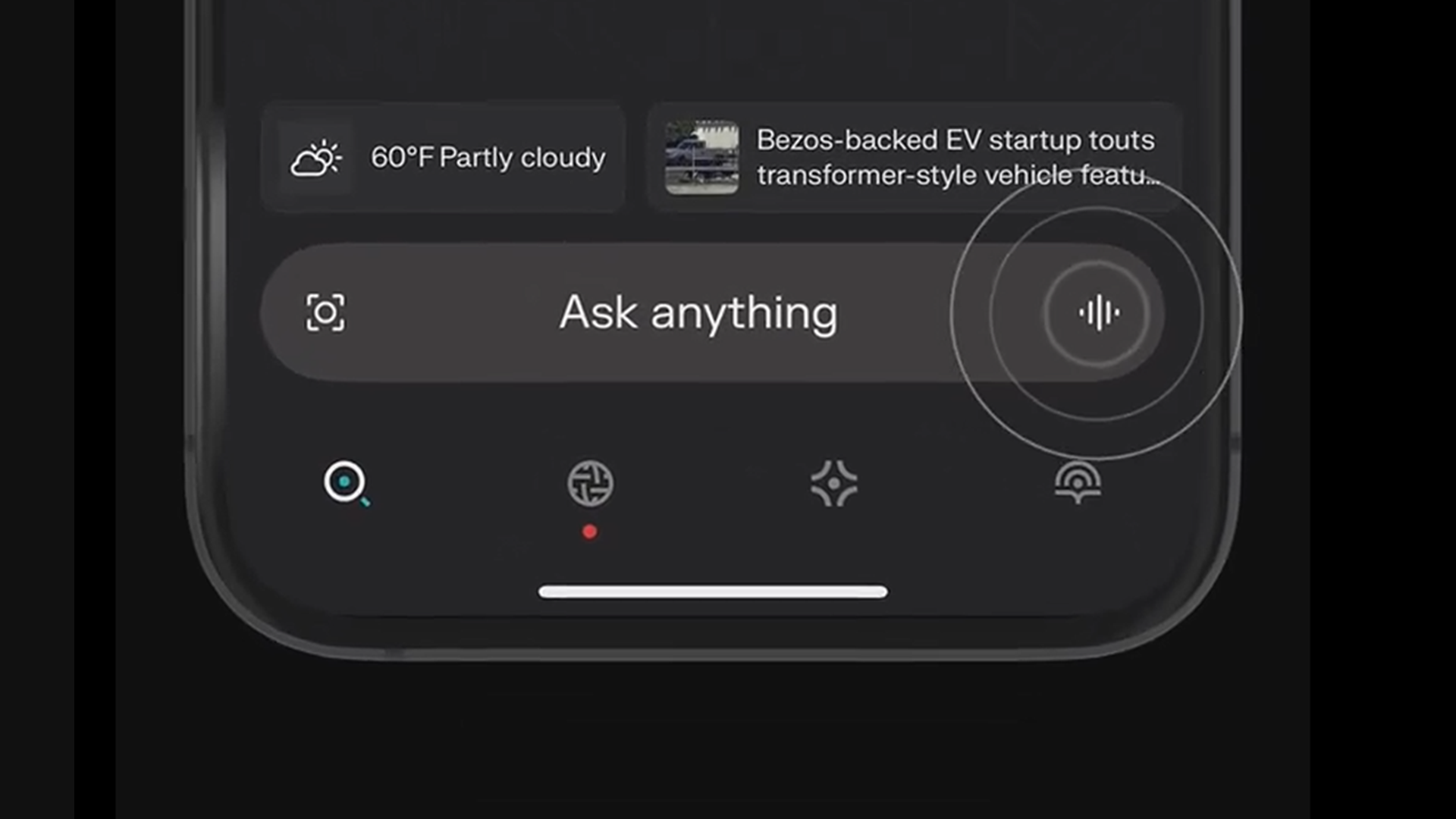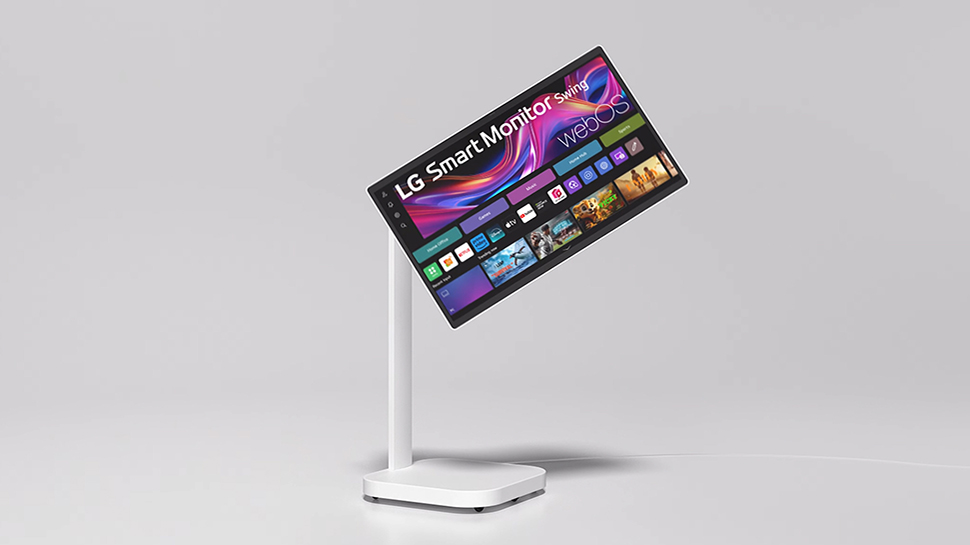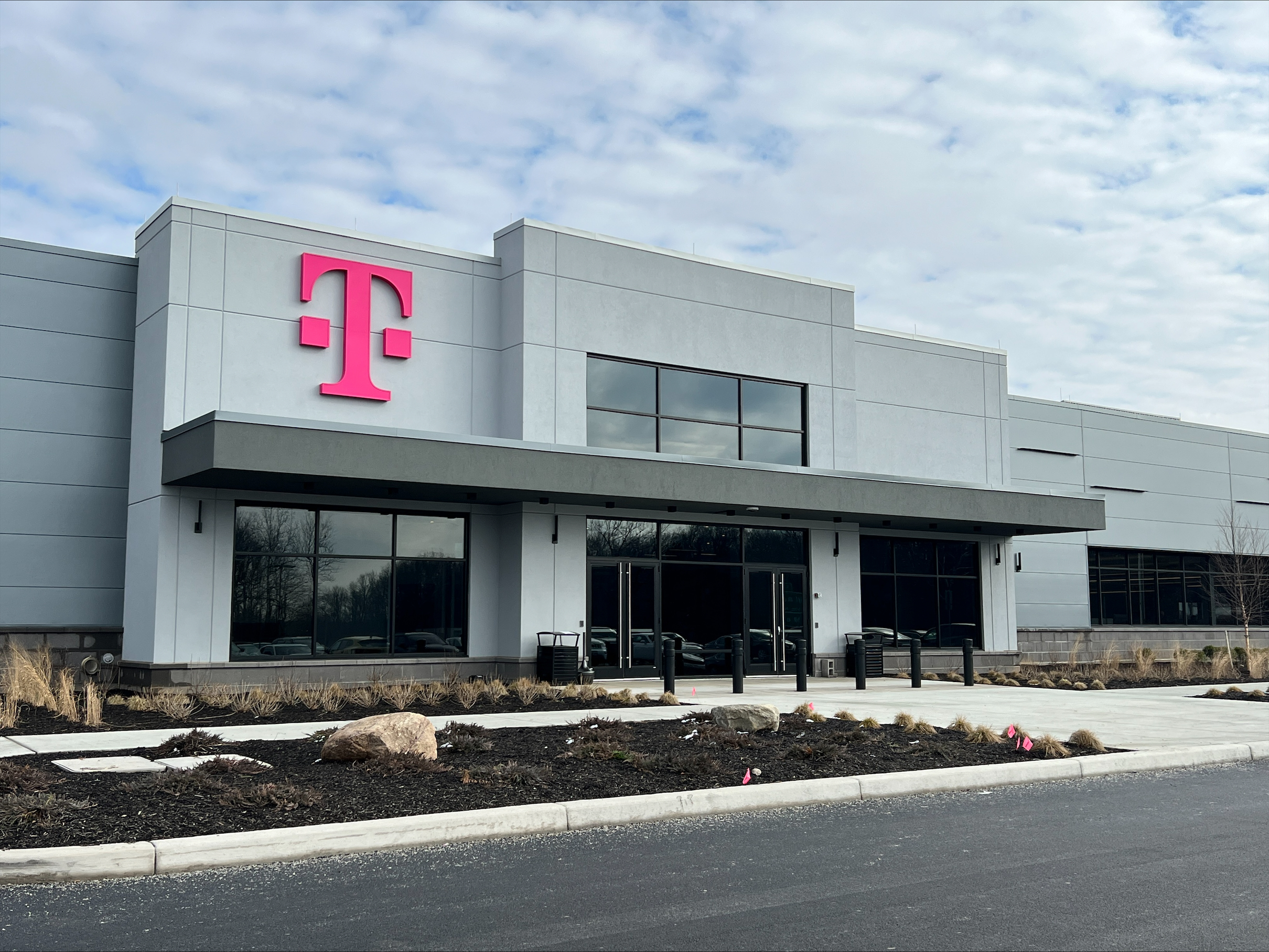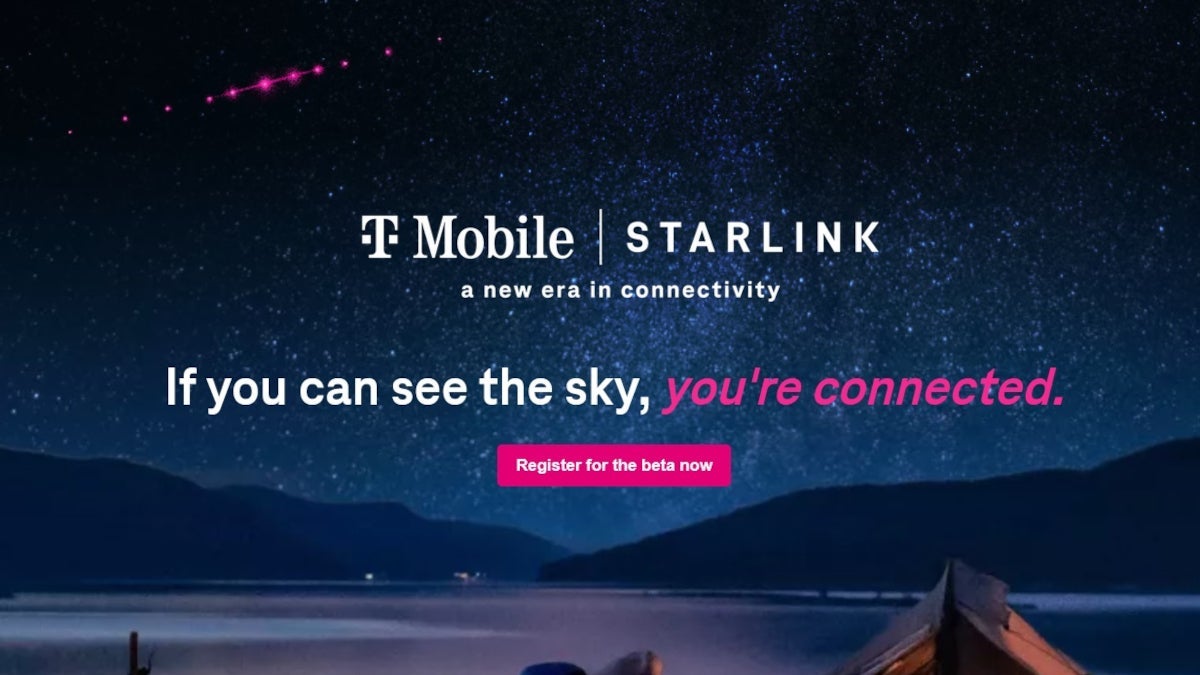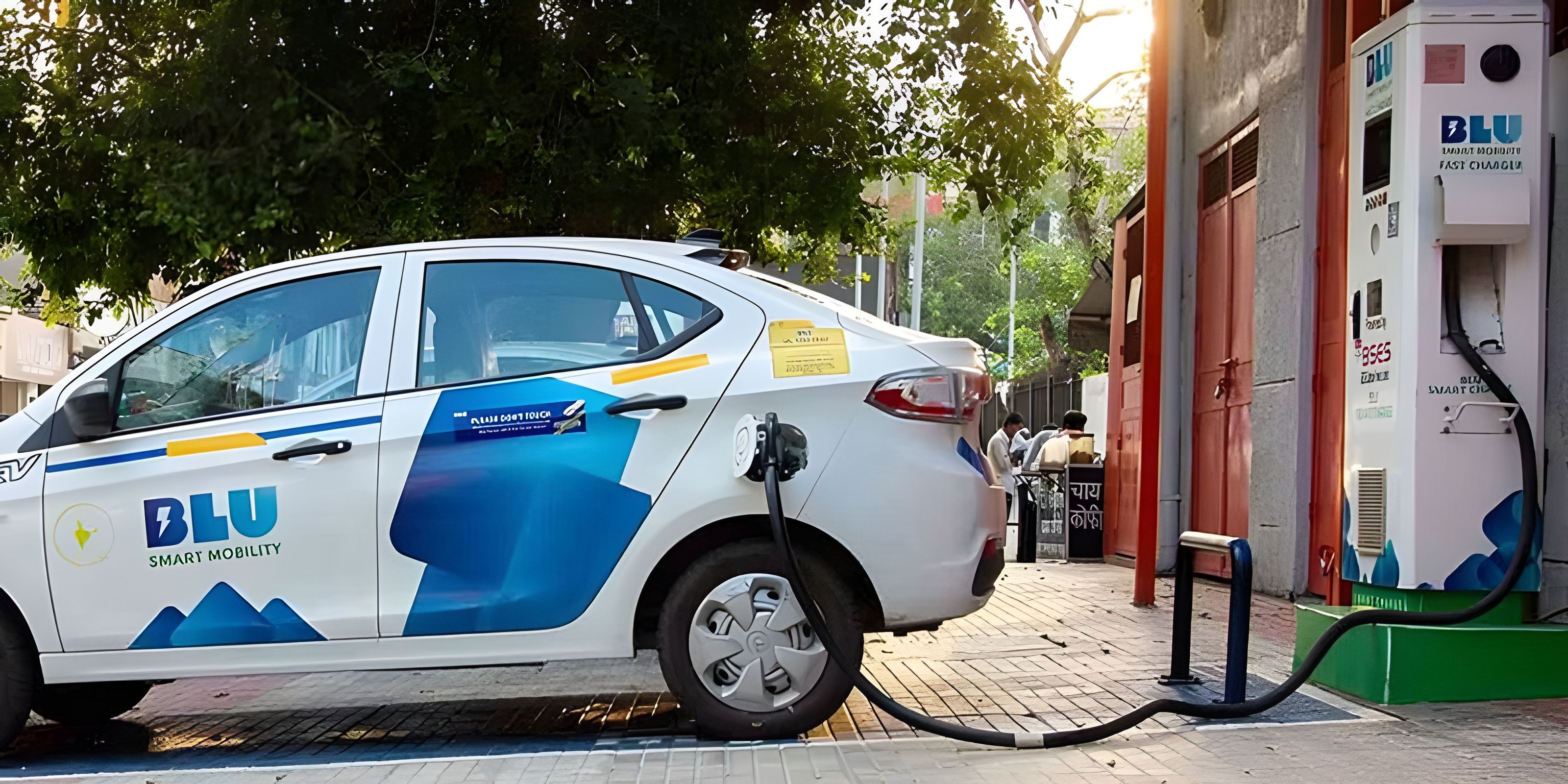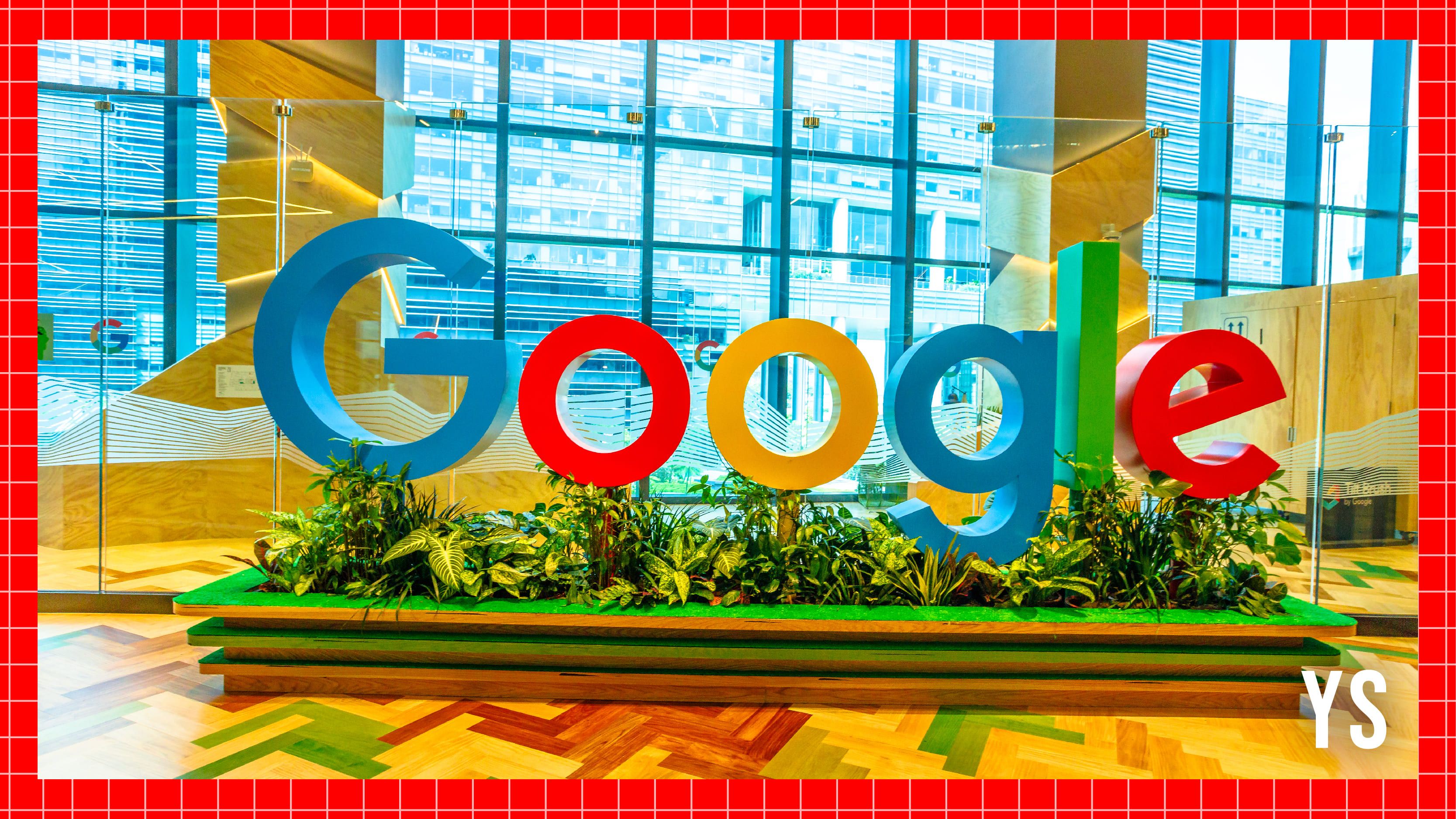Gen Z’s lifestyle is reshaping the rental market
The Fast Company Impact Council is an invitation-only membership community of leaders, experts, executives, and entrepreneurs who share their insights with our audience. Members pay annual dues for access to peer learning, thought leadership opportunities, events and more. For Generation Z, real estate is more than just settling down—it’s about staying connected, empowered, and mobile. Born between the mid-1990s and early 2010s, they are the first fully digital generation, raised on smartphones, cloud-based everything, and on-demand convenience. Gen Z’s influence on the housing market is rooted in their expectations. They bring a consumer mindset to renting that demands speed, simplicity, and personalization in a space that has traditionally been slow to modernize. Now that Gen Z is the fastest-growing renter demographic in the U.S., their preferences are no longer optional. As they drive the rental market, they’re reshaping the rental experience and forcing the real estate industry to keep up or risk falling behind. Renting over buying (for now) Gen Z hasn’t given up on the American dream—they’re just facing a more challenging road to get there. A significant majority of Gen Z aspires to own a home one day, but wanting to buy and being able to buy are two different things. With home prices at record highs and interest rates still elevated, affordability remains the single biggest barrier. In fact, 43% of prospective buyers said they considered purchasing a home in 2024 but ultimately decided against it due to cost. Even so, some are finding creative ways to enter the market, like buying in more affordable areas, choosing smaller homes, entering into co-living situations, using the house-hacking strategy, or taking advantage of remote work to relocate. Still, for the majority, renting is a necessity, and in many cases a preferred step along the journey. Renting provides flexibility while they build careers, save for a down payment, or explore new cities. Some have even embraced renting as their digital nomad lifestyle centers around travel, remote work, and life experimentation before settling down. As a result, Gen Z is expected to continue driving the rental market and take over as the largest renter demographic by 2030. And as this cohort grows in influence, their expectations around technology, flexibility, and user experience are reshaping what it means to rent and how landlords and proptech should adapt to support their needs. Digital natives’ tech expectations One of the defining characteristics of Gen Z is that they integrate technology into nearly every aspect of their daily lives. They expect everything to be accessible through a smartphone, and that includes housing. From browsing apartments to paying rent, Gen Z wants real estate experiences to be mobile-first, fast, and intuitive. They’re used to personalized playlists, same-day delivery, and AI-powered customer support. Therefore, any rental process that involves paper forms or checks to pay rent feels outdated and not worth their time. This demand for seamless digital experiences is pushing the real estate industry—particularly landlords, property managers, and proptech companies—to modernize. In their view, applying for housing should feel as smooth as ordering from Uber Eats. If it doesn’t, they’ll find another landlord who makes renting easier. How proptech is evolving to keep up To meet Gen Z’s expectations, the rental ecosystem is undergoing a massive tech upgrade. Smart property management platforms are built for both sides of the rental process: Landlords get powerful tools to automate operations, while renters get clean, mobile interfaces that streamline everything from applications to rent payments to maintenance requests. Features like online rent payments, tenant screening, digital leases, and real-time messaging are quickly becoming minimum requirements for an optimal renter experience. Some modern platforms go beyond basic functionality by offering renters tools that enhance convenience, transparency, and control. To make paying rent easier, some platforms are adding more advanced features such as allowing tenants to split rent with roommates directly within the app to eliminate the need for separate payments or awkward money transfers. Other examples include: enabling autopay or partial payments, which helps with budgeting and avoiding late fees; reporting on-time rent payments to all three credit bureaus to help young renters establish credit and boost their credit scores; storing lease documents for easy access; 24/7 reporting and tracking maintenance issues in real time; and in-app purchasing of renters insurance. These tools give Gen Z more autonomy and visibility throughout their rental experience. And for landlords, it means fewer missed payments, faster communication, and higher retention. In short: If your tech stack isn’t evolving, y

The Fast Company Impact Council is an invitation-only membership community of leaders, experts, executives, and entrepreneurs who share their insights with our audience. Members pay annual dues for access to peer learning, thought leadership opportunities, events and more.
For Generation Z, real estate is more than just settling down—it’s about staying connected, empowered, and mobile. Born between the mid-1990s and early 2010s, they are the first fully digital generation, raised on smartphones, cloud-based everything, and on-demand convenience.
Gen Z’s influence on the housing market is rooted in their expectations. They bring a consumer mindset to renting that demands speed, simplicity, and personalization in a space that has traditionally been slow to modernize.
Now that Gen Z is the fastest-growing renter demographic in the U.S., their preferences are no longer optional. As they drive the rental market, they’re reshaping the rental experience and forcing the real estate industry to keep up or risk falling behind.
Renting over buying (for now)
Gen Z hasn’t given up on the American dream—they’re just facing a more challenging road to get there. A significant majority of Gen Z aspires to own a home one day, but wanting to buy and being able to buy are two different things.
With home prices at record highs and interest rates still elevated, affordability remains the single biggest barrier. In fact, 43% of prospective buyers said they considered purchasing a home in 2024 but ultimately decided against it due to cost.
Even so, some are finding creative ways to enter the market, like buying in more affordable areas, choosing smaller homes, entering into co-living situations, using the house-hacking strategy, or taking advantage of remote work to relocate.
Still, for the majority, renting is a necessity, and in many cases a preferred step along the journey. Renting provides flexibility while they build careers, save for a down payment, or explore new cities. Some have even embraced renting as their digital nomad lifestyle centers around travel, remote work, and life experimentation before settling down.
As a result, Gen Z is expected to continue driving the rental market and take over as the largest renter demographic by 2030. And as this cohort grows in influence, their expectations around technology, flexibility, and user experience are reshaping what it means to rent and how landlords and proptech should adapt to support their needs.
Digital natives’ tech expectations
One of the defining characteristics of Gen Z is that they integrate technology into nearly every aspect of their daily lives. They expect everything to be accessible through a smartphone, and that includes housing.
From browsing apartments to paying rent, Gen Z wants real estate experiences to be mobile-first, fast, and intuitive. They’re used to personalized playlists, same-day delivery, and AI-powered customer support. Therefore, any rental process that involves paper forms or checks to pay rent feels outdated and not worth their time.
This demand for seamless digital experiences is pushing the real estate industry—particularly landlords, property managers, and proptech companies—to modernize. In their view, applying for housing should feel as smooth as ordering from Uber Eats. If it doesn’t, they’ll find another landlord who makes renting easier.
How proptech is evolving to keep up
To meet Gen Z’s expectations, the rental ecosystem is undergoing a massive tech upgrade. Smart property management platforms are built for both sides of the rental process: Landlords get powerful tools to automate operations, while renters get clean, mobile interfaces that streamline everything from applications to rent payments to maintenance requests.
Features like online rent payments, tenant screening, digital leases, and real-time messaging are quickly becoming minimum requirements for an optimal renter experience. Some modern platforms go beyond basic functionality by offering renters tools that enhance convenience, transparency, and control.
To make paying rent easier, some platforms are adding more advanced features such as allowing tenants to split rent with roommates directly within the app to eliminate the need for separate payments or awkward money transfers.
Other examples include: enabling autopay or partial payments, which helps with budgeting and avoiding late fees; reporting on-time rent payments to all three credit bureaus to help young renters establish credit and boost their credit scores; storing lease documents for easy access; 24/7 reporting and tracking maintenance issues in real time; and in-app purchasing of renters insurance.
These tools give Gen Z more autonomy and visibility throughout their rental experience. And for landlords, it means fewer missed payments, faster communication, and higher retention. In short: If your tech stack isn’t evolving, your rental business won’t either.
What real estate investors should be doing right now
For landlords and real estate investors, Gen Z’s influence is both a challenge and an opportunity. Here’s how investors can stay ahead:
- Adopt mobile-first property management tools
If tenants can’t apply, pay rent, or request repairs from their phone, you’ll lose high-quality applicants. Look for platforms that make the entire leasing cycle smooth for both parties.
- Streamline tenant onboarding and communication
Automated screening, digital leases, and in-app messaging are the new baseline. Gen Z renters expect the process to be as fast and efficient as anything else in their lives.
- Create transparent, personalized experiences
Gen Z values transparency and control. Give them access to payment histories, lease docs, and maintenance updates in real time. The more empowered they feel, the more likely they are to renew (meaning less turnover/vacancies).
- Keep up with tech (or get left behind)
Proptech isn’t slowing down. The platforms that dominate tomorrow will be the ones that can continually respond to shifting consumer expectations. As an investor, staying agile and tech aware is part of the job.
The bottom line
Gen Z is driving a new era of innovation in real estate where tech isn’t an add-on—it’s the foundation. Their lifestyle preferences, economic realities, and digital-first mindset are forcing the industry to evolve in real time.
For investors, landlords, and companies, it’s a roadmap for success. Those that embrace this shift early will be able to build stronger portfolios, attract long-term tenants, and thrive in the future rental marketplace.
Ryan Barone is cofounder and CEO of RentRedi.















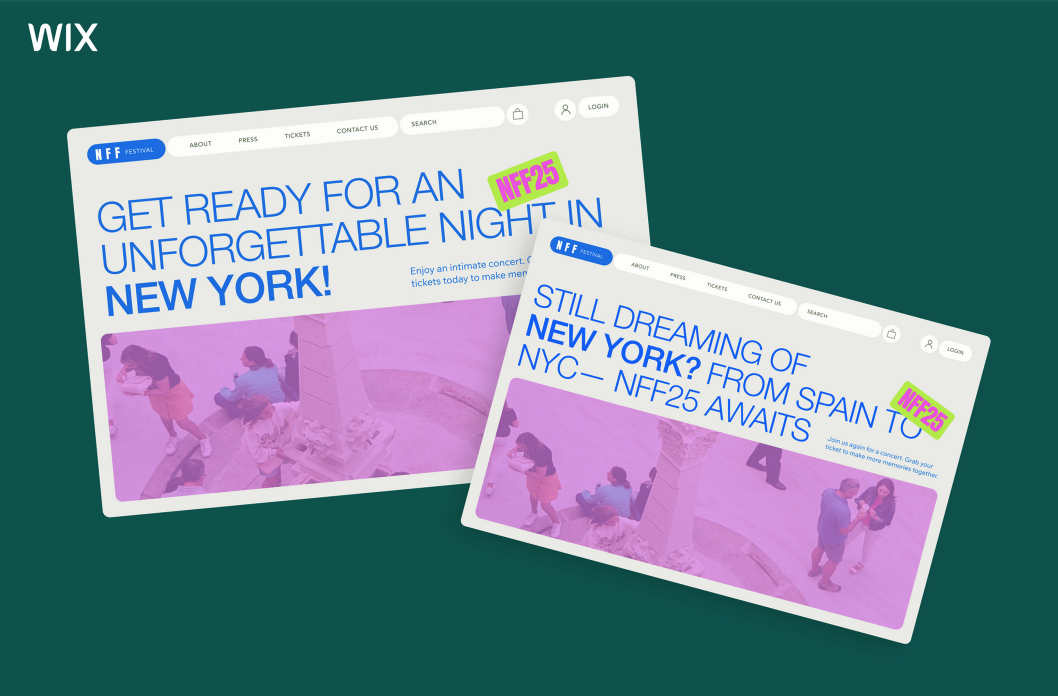
























































































































































![[The AI Show Episode 144]: ChatGPT’s New Memory, Shopify CEO’s Leaked “AI First” Memo, Google Cloud Next Releases, o3 and o4-mini Coming Soon & Llama 4’s Rocky Launch](https://www.marketingaiinstitute.com/hubfs/ep%20144%20cover.png)

















































































































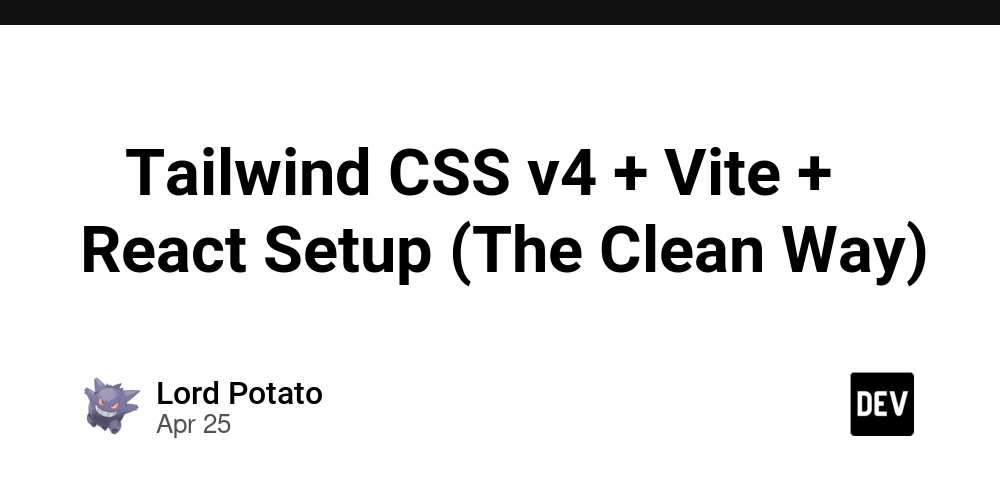
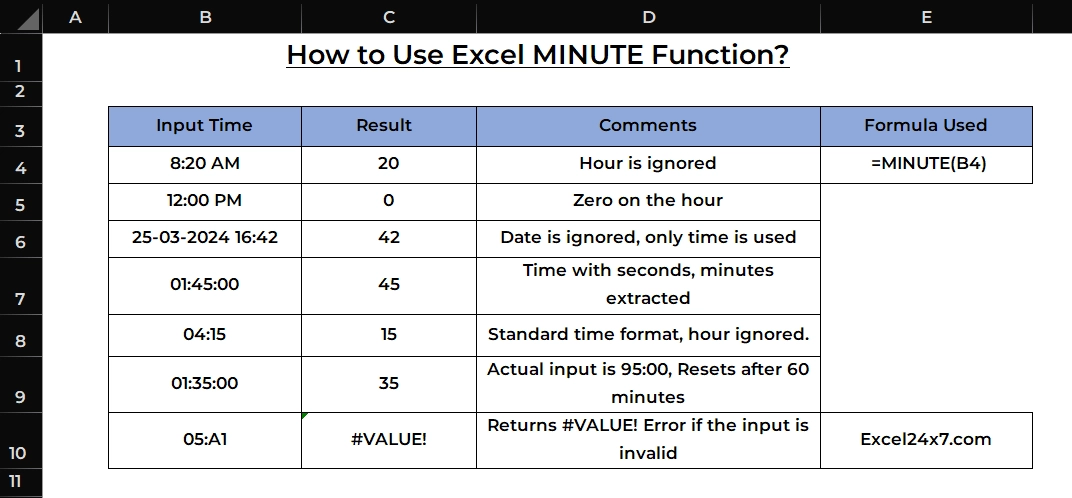
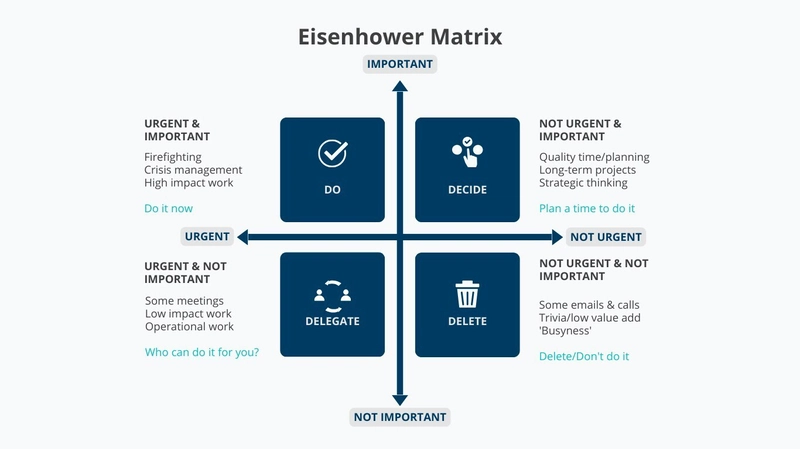



























































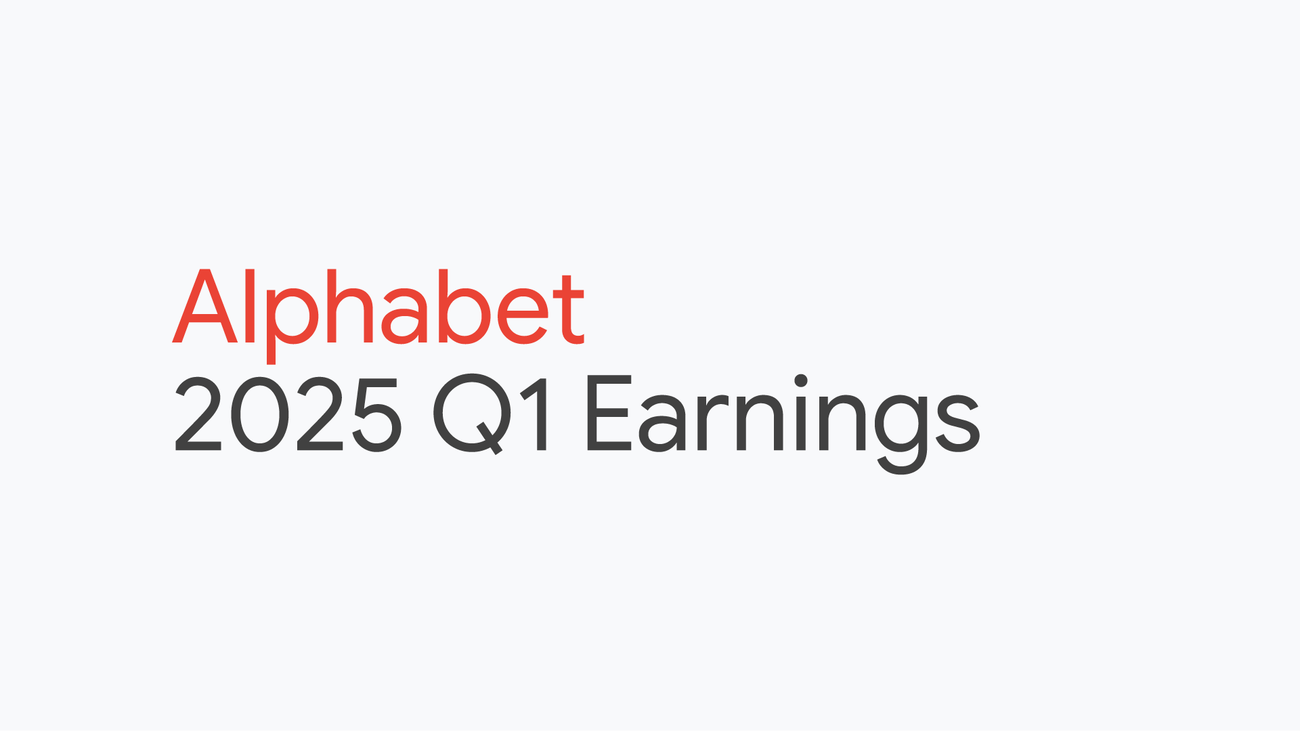

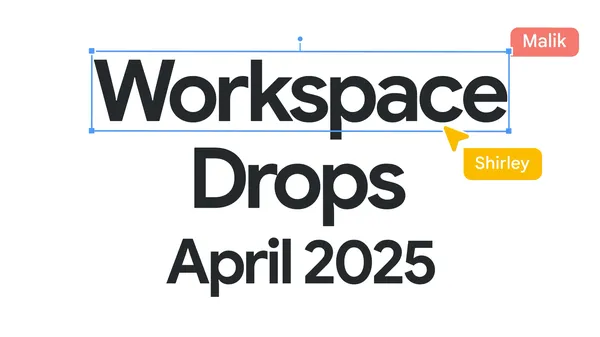




























































.jpg?#)


































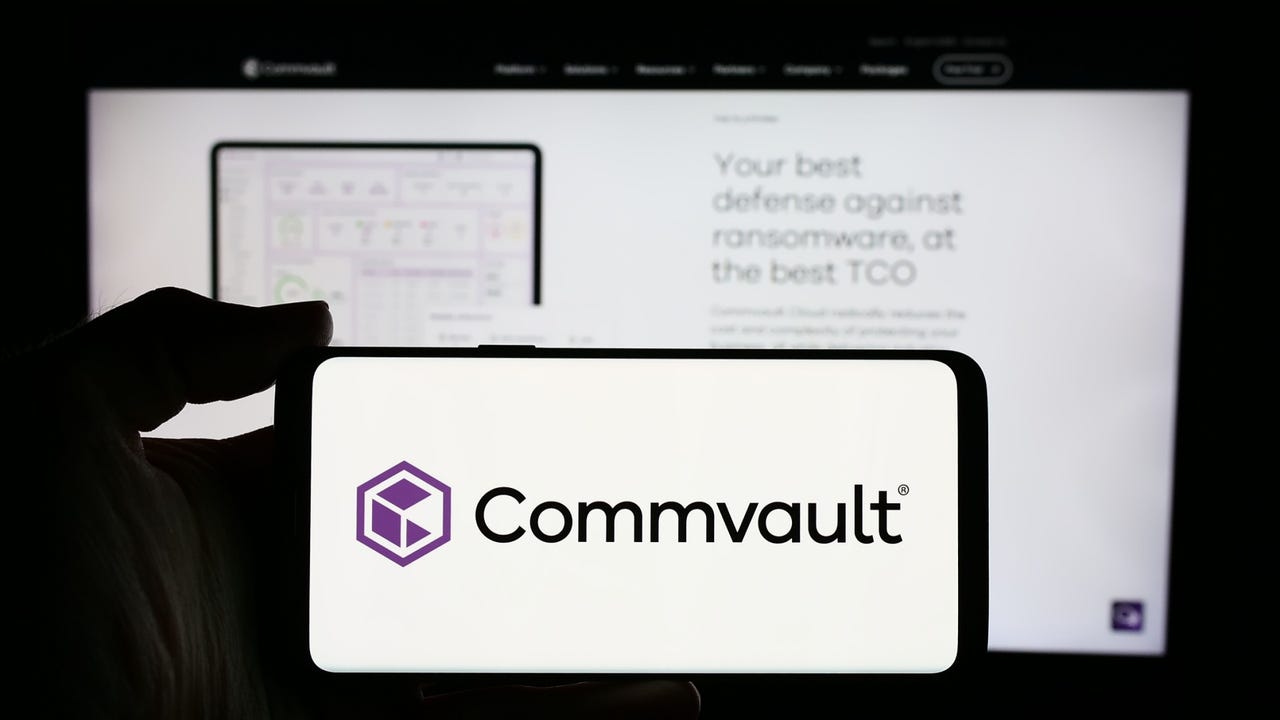




























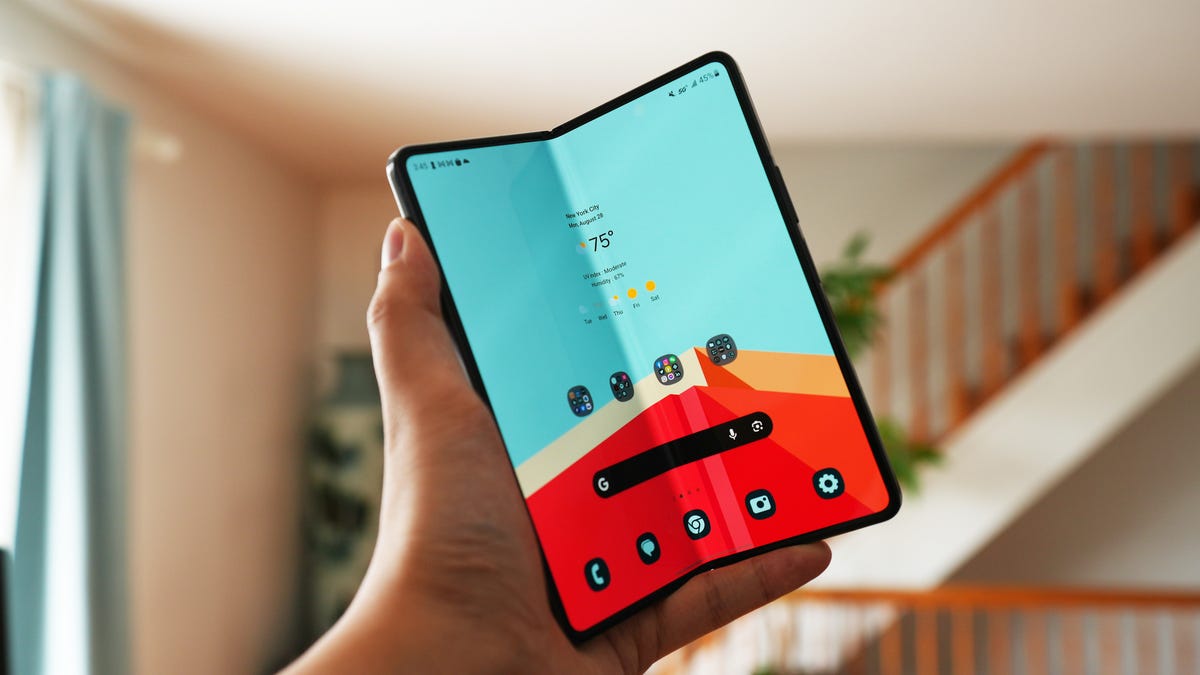


























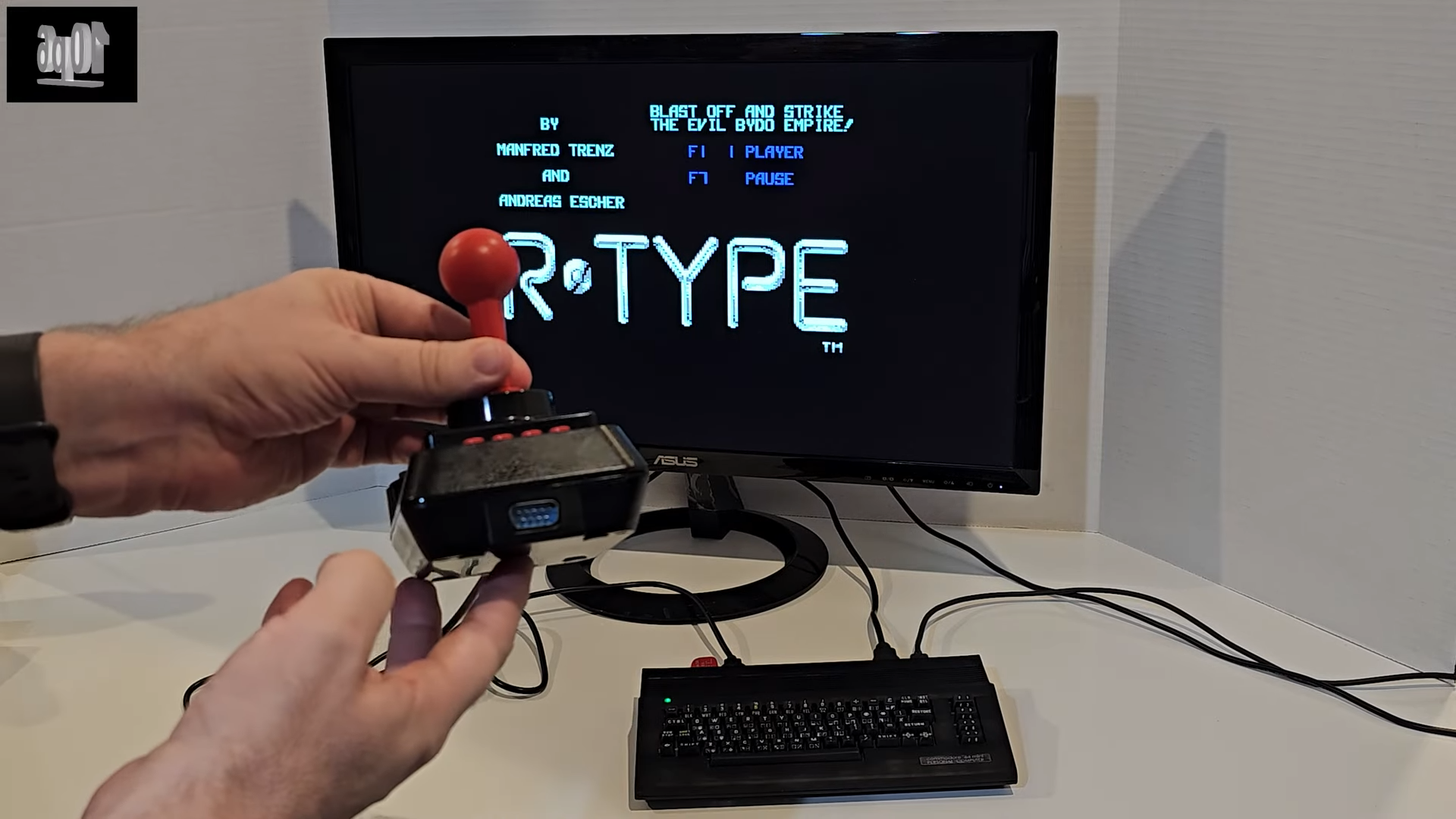


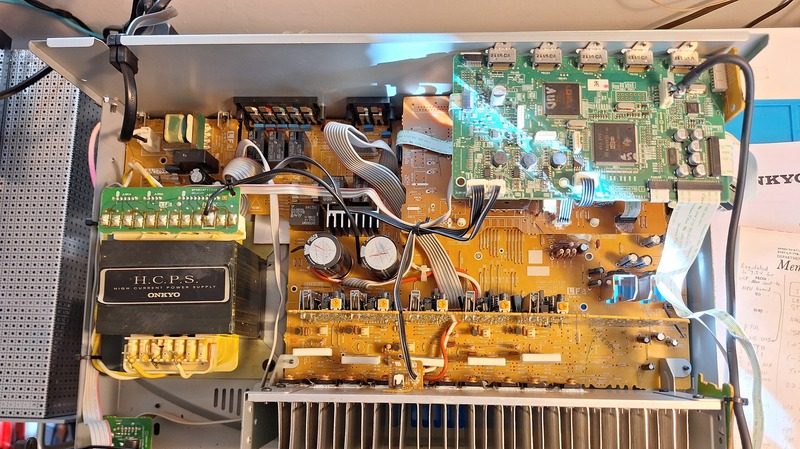
























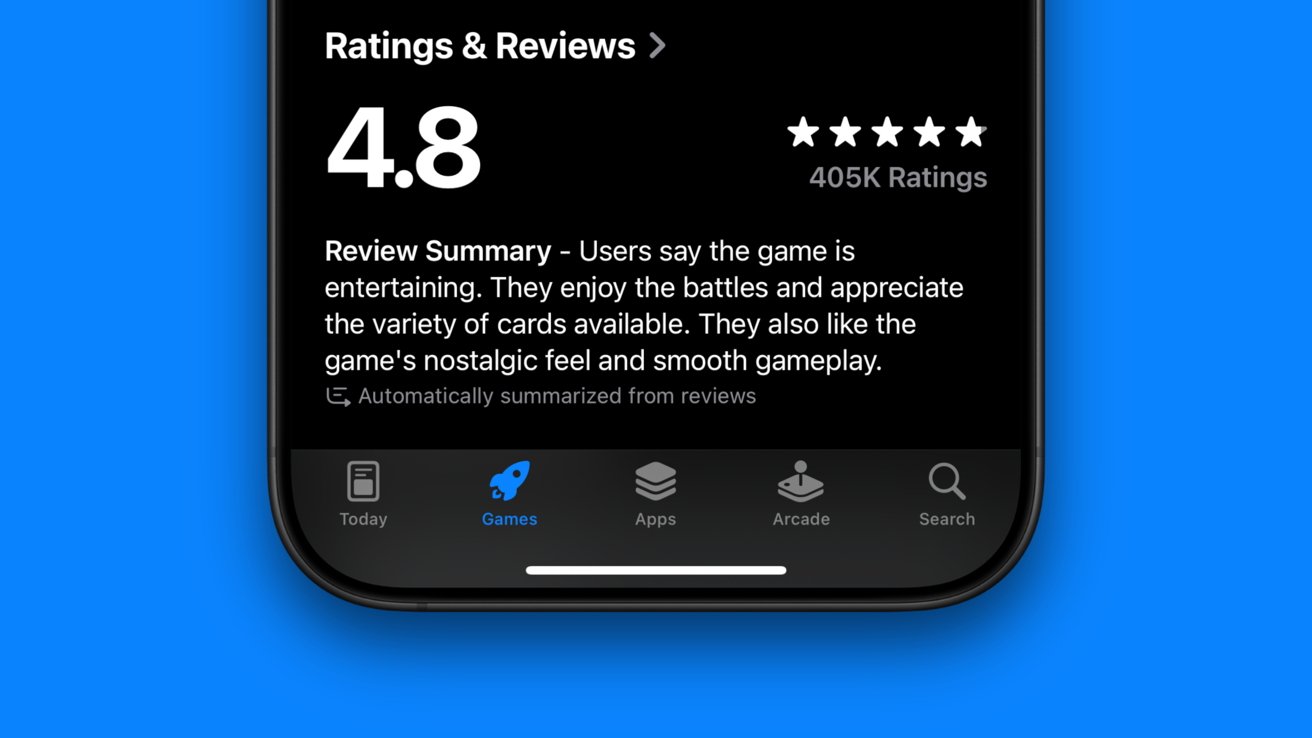








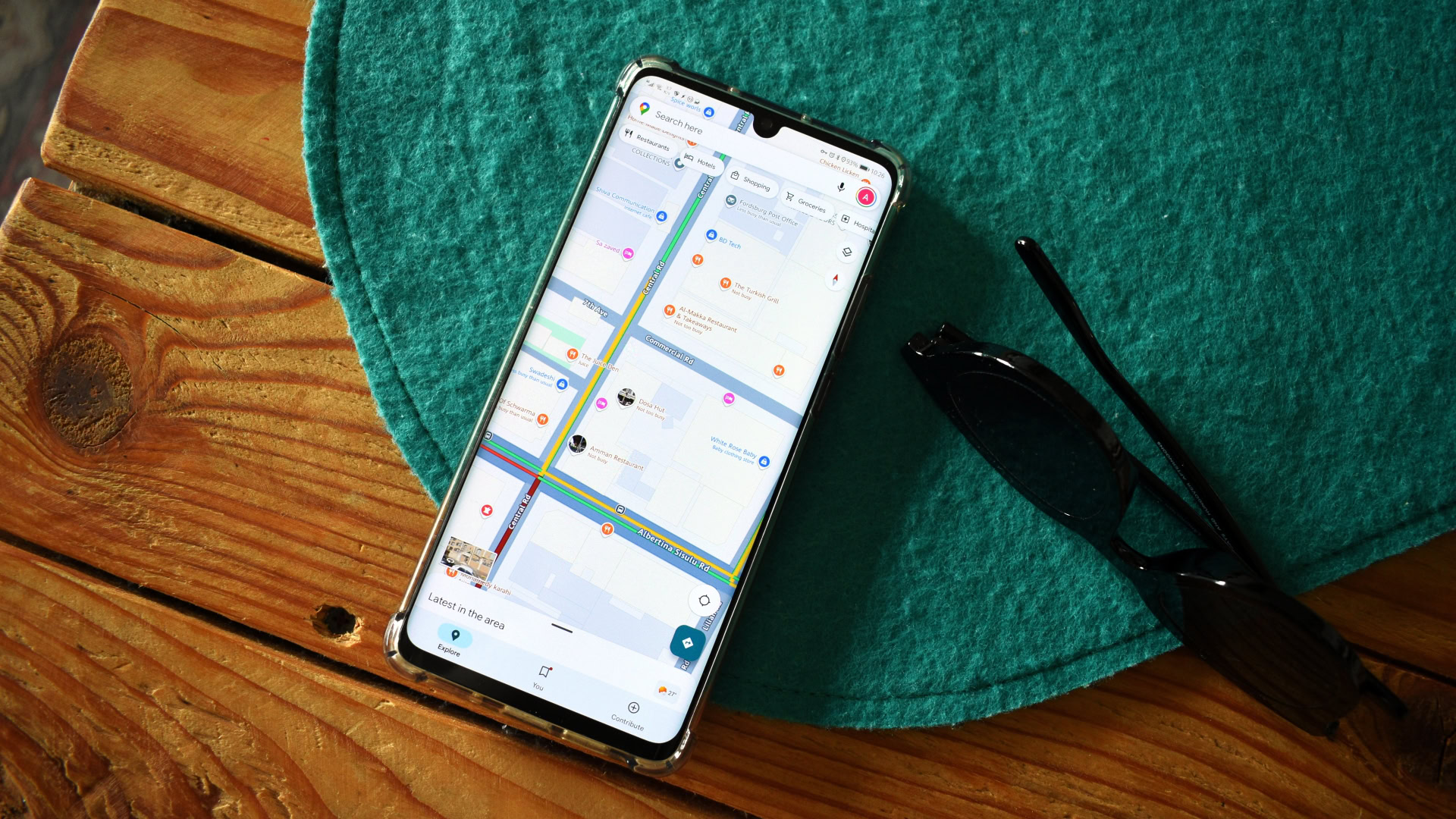















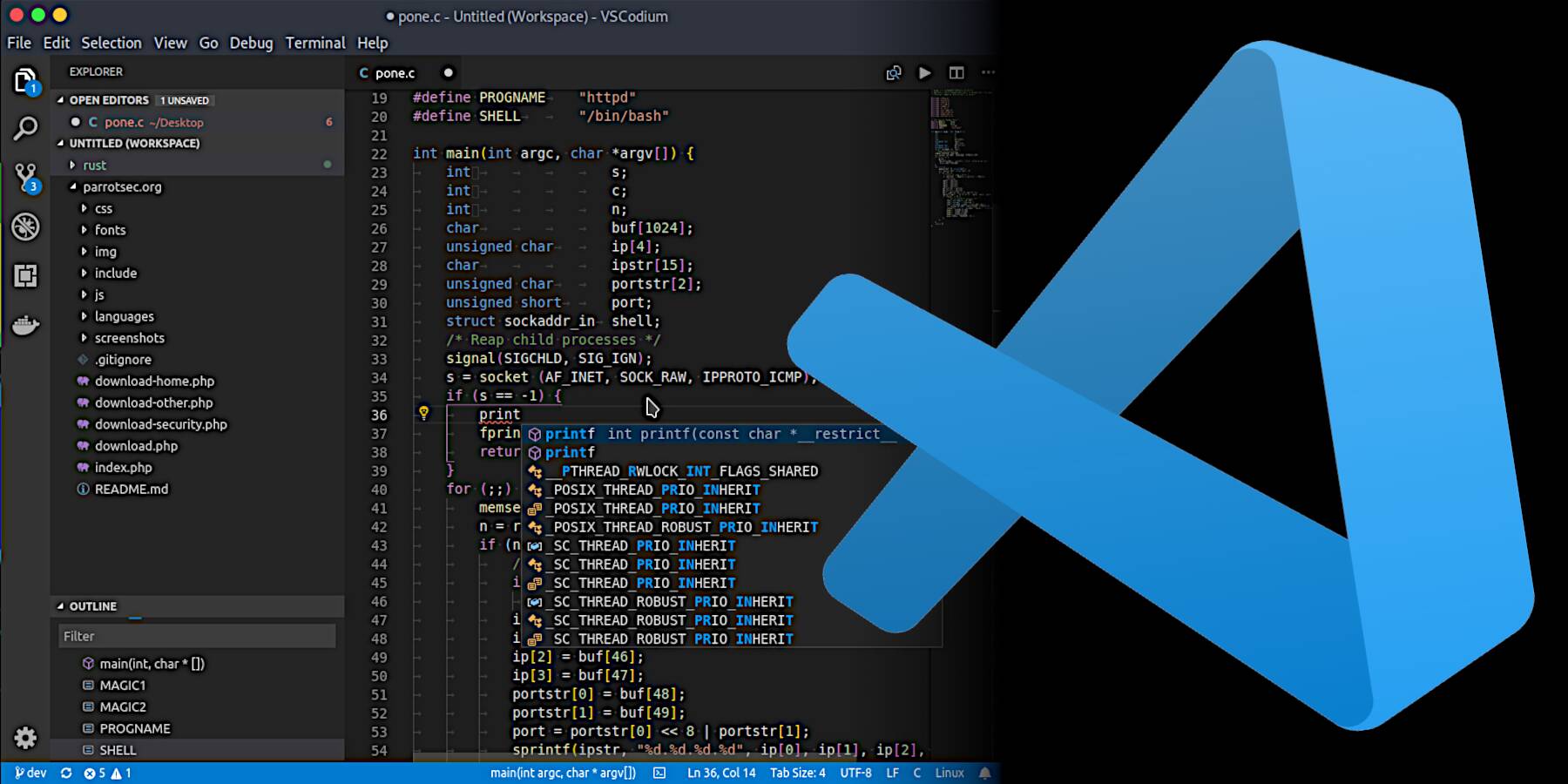


![Apple to Shift Robotics Unit From AI Division to Hardware Engineering [Report]](https://www.iclarified.com/images/news/97128/97128/97128-640.jpg)

![Apple Shares New Ad for iPhone 16: 'Trust Issues' [Video]](https://www.iclarified.com/images/news/97125/97125/97125-640.jpg)

















